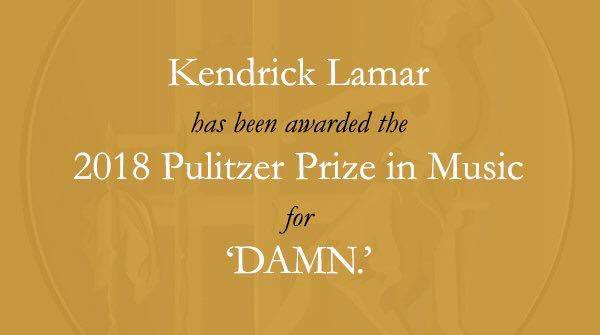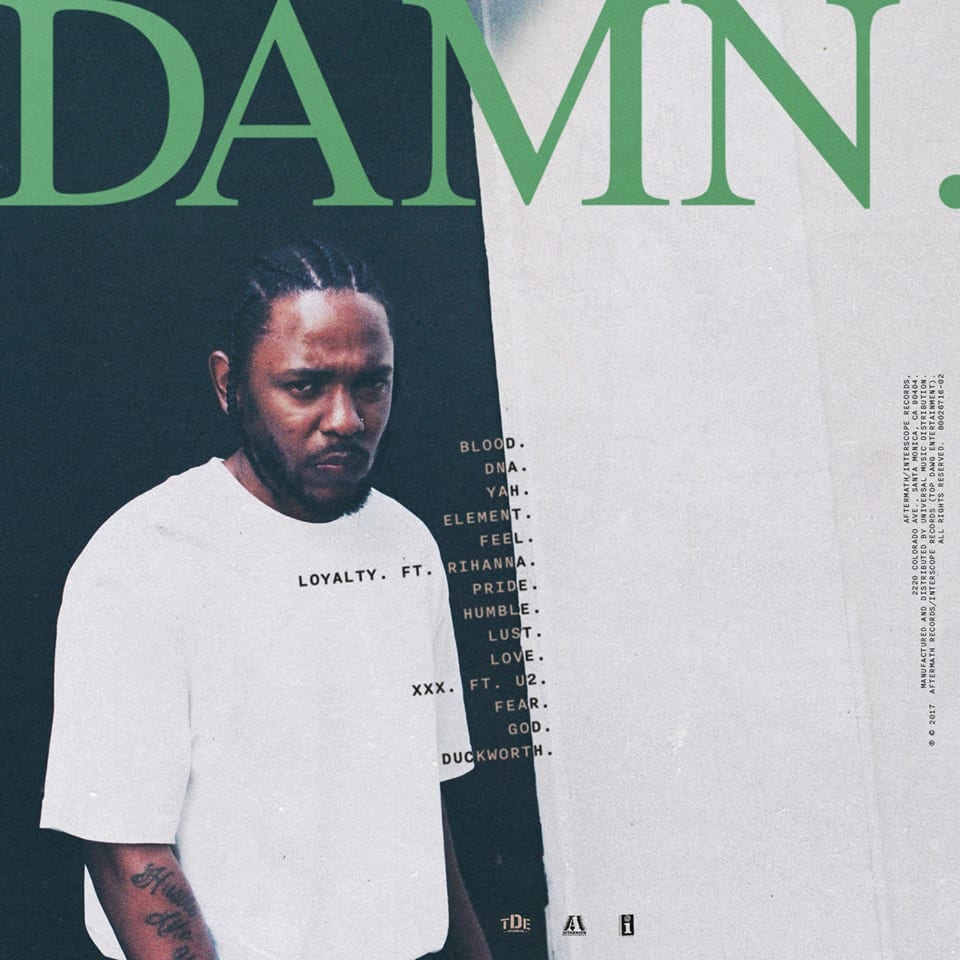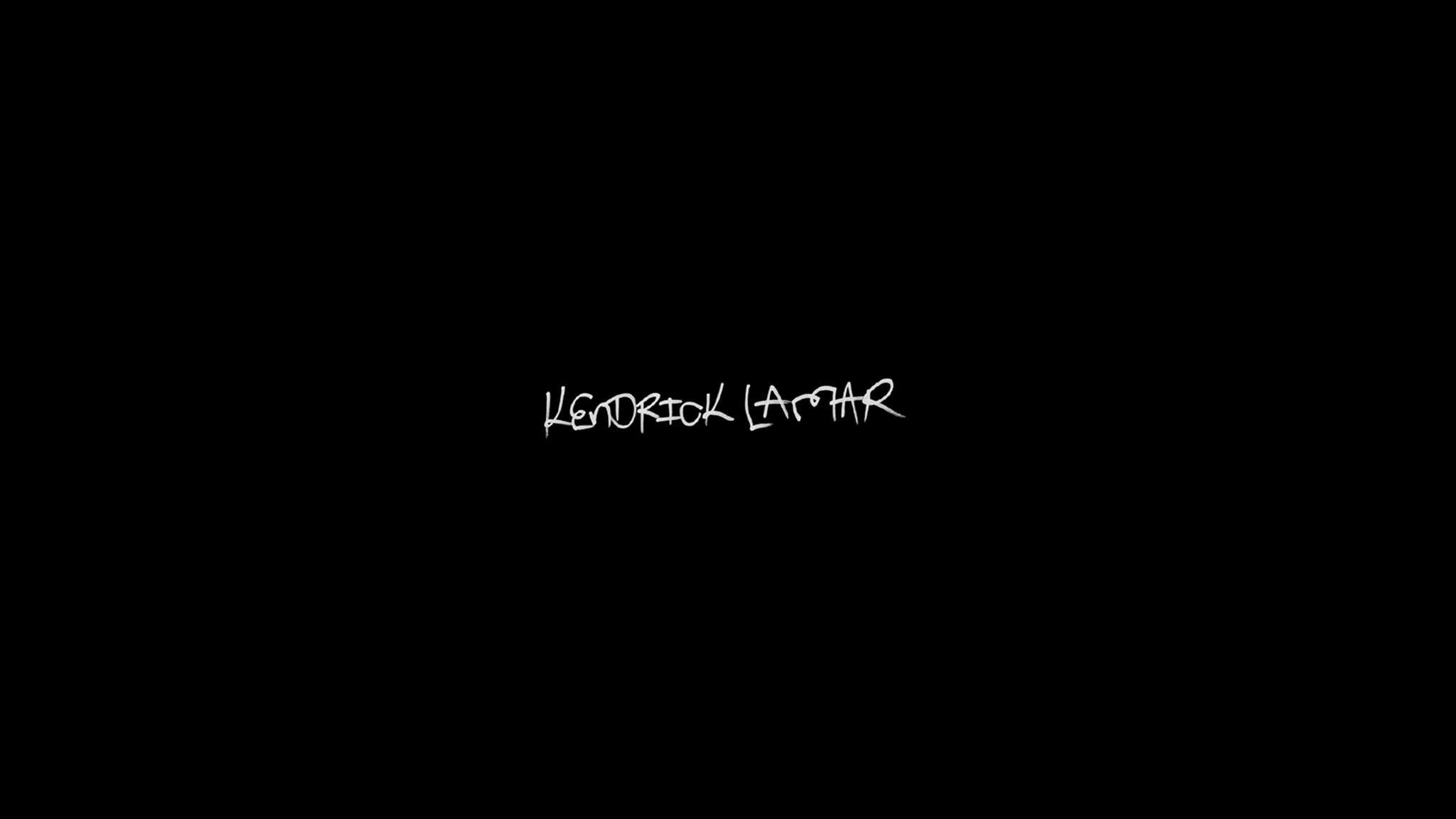
Bridging Barriers and Breaking Molds: Kendrick Lamar Wins Pulitzer Prize for Music
For the first time ever, an artist not formally associated with the Classical/Opera or Jazz genres has won the Pulitzer Prize for Music (beating out contemporary composers Ted Hearne and Julliard’s Michael Gilbertson) – and his name is Kendrick Lamar. Lamar first began garnering mainstream attention around 2010 with Overly Dedicated and soared to acclaim in 2015 with To Pimp a Butterfly, propelling him to take home multiple Grammys since then. This is no small feat for such prodigious acknowledgement which has at times been criticized for simply being a “mutual admiration society” and has since been renowned globally for acknowledging significant contributions to American arts and letters in all its categories. Although the category for music was not part of the original award which began in 1917, it has been a prominent feature since its establishment in 1943.

Not only is it an achievement for Lamar to have won the Pulitzer in music but also for having done so outside the traditional hallowed categories of the award. It wasn’t even until 1998 that the foundation decided to broaden its scope from strictly Classical music in an attempt to attract a wider range of American music – and even after that it was primarily Jazz artists who had won. Now, twenty years later, we have our first hip hop artist and popularizer of American culture. The award was granted for his 2017 release DAMN., noted for its “vernacular authenticity” and “capturing the complexity of modern African-American life,” garnering recognition among other award winners such as the journalists responsible for breaking the Harvey Weinstein story, which was the catalyst for the #MeToo movement.

Streaming services have left an indelible mark on the music industry, and the worldwide access that users today have when it comes to consuming music has greatly broadened the possibilities for collaboration and experimentation with Lamar’s Overly Dedicated having been released for free online on September 23, 2010. With music no longer being restricted to brick-and-mortar stores, whose inventory was often restricted based on community demographics, we are all now free to explore genres that otherwise would have been inaccessible. More than that, music no longer needs to fall within stereotypes that are often coded ways for the industry to pigeon-hole artists into predefined and “well”-tested aesthetics. DAMN. embodies such barrier-breaking collaboration with its featuring of artists such as Rihanna, originally a small-time artist discovered in Barbados, and WLIR’s “Screamer of the Week,” U2.

Lamar demonstrates how such horizontal genre-bending, rather than muddying the waters in a free-for-all amalgam, is stressing identity and personal testimony in music. It allows artists to tap into currents of expression that, to the mind of an MTV-reared early-millennial, previously seemed strictly verboten. Categories, even ones as basic as, say, the Dewey Decimal System, are inherently hierarchical; however much we attempt to equalize the playing field, so long as we require that individuals brand themselves in a certain way, it will always be used as a stand-in comparison for them in relation to other forms and standards. This is what makes breaking through the traditional category of Classical/Jazz such a significant moment for music. Lamar has set a precedent in the industry that says culture is not the sole territory of elites. Most of us have known this for a long time now, but having institutional acknowledgement of Lamar’s achievements opens the door to the further inter-pollination of previously perceived “low” and “high” arts, which will only further enrich all our lives.

